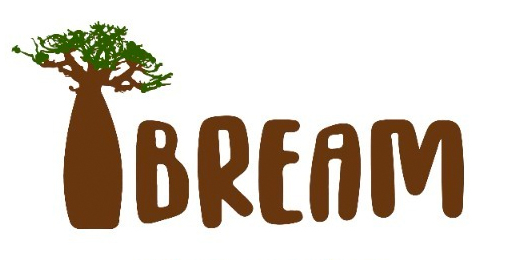IBREAM team members (including researchers from JCU’s state-of-the-art Gamete and Embryology (GAME) Laboratory) have a plan to help low-ranked African wild dogs become part of the breeding cycle and help ensure the endangered species survive.
 The species (Lycaon pictus) is highly endangered, with a complex pack hierarchy in which subordinate animals usually do not breed but help rear pups of the dominant pair.
The species (Lycaon pictus) is highly endangered, with a complex pack hierarchy in which subordinate animals usually do not breed but help rear pups of the dominant pair.
“That’s a problem when it comes to saving a species, because we want to maximise genetic diversity,” James Cook University researcher Dr Damien Paris said. Up to now, it was unclear whether subordinate males were subfertile (not usually successful in conceiving) or simply prevented from mating with the alpha female.
The IBREAM team (Associate Professor Monique Paris, Dr Damien Paris, and Dr Femke van den Berghe, and Professors Robert Millar and Andre Ganswindt) teamed up with Dr Michael Briggs (African Predator Conservation Research Organization) and Professor Zoltan Sarnyai from James Cook University to study sperm quality in African wild dogs in the US and Namibia.
A comparative analysis was done to define the reproductive condition and quality of sperm between 28 dominant and subordinate males across eight different captive packs. No difference in sperm quality between dominant and subordinate males was revealed.
“From these results, we conclude that suppression of reproduction in subordinate males is caused by the dominant male guarding the alpha female, not by subfertility,” Dr Paris said.
The researchers have recently developed a successful sperm freezing technique (more information downloadable via the embedded link) for the species which, coupled with artificial insemination and a broader range of sperm donors, could introduce ‘new blood’ into existing packs of dogs, without disrupting their social hierarchy.

“The good news is that males of all social ranks produce semen of similar quality, making them suitable candidates for sperm banking during the breeding season when sperm quality improves. This is critical to maximize the preservation of genetic diversity from as many of these endangered animals as possible,” said Dr Van den Berghe.
The work, funded by the Morris Animal Foundation, and the publication of the work summarized here can be accessed via: doi.org/10.1071/RD18205.
The IBREAM team plans to expand their work to collect and freeze sperm from free-ranging wild dogs in Southern Africa. Negotiations are also underway to assist in setting up a global biobank for the species. Such material will be a valuable resource and can be used to inseminate females in fragmented captive and wild populations, thereby increasing genetic diversity and fitness in offspring. This, ultimately will assist in ensuring the long-term survival of the species.
